Introduction to Private Hotels for Cultural Exploration
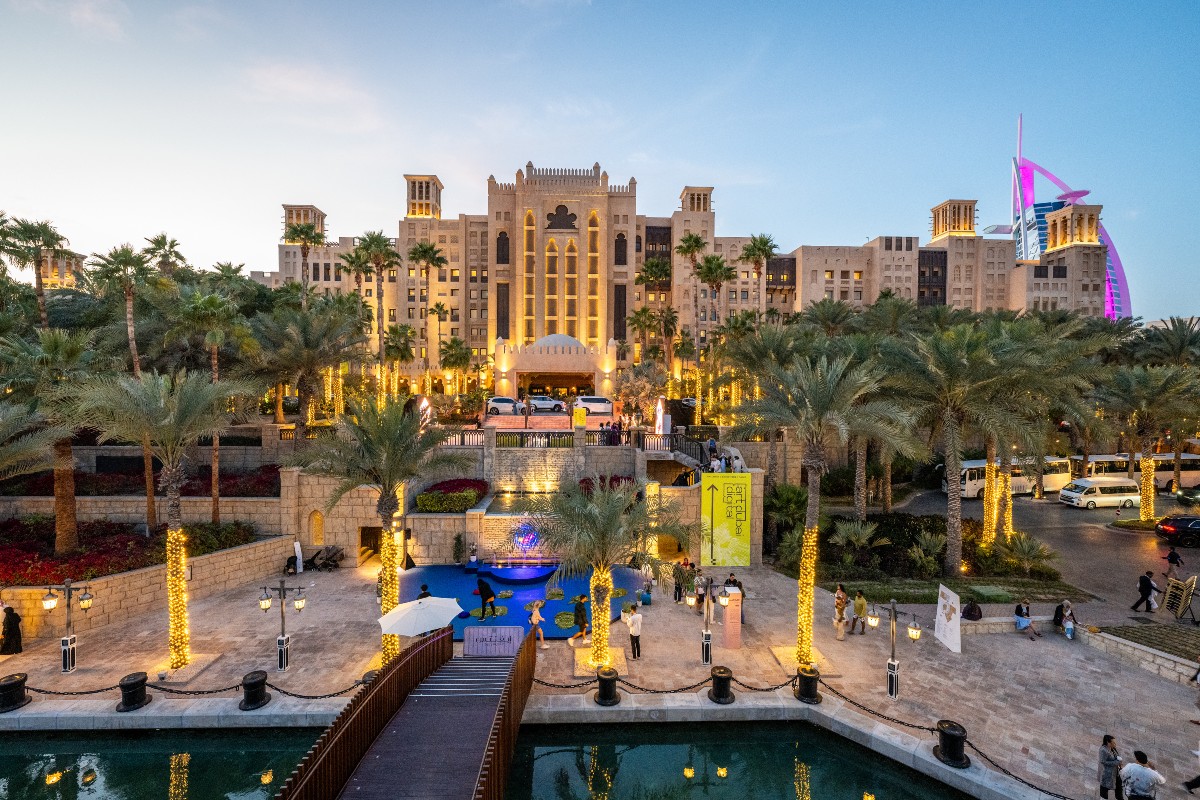
Private hotels, in the context of cultural exploration, are meticulously curated accommodations designed to immerse guests in the local culture and traditions. They go beyond the typical tourist experience, offering personalized services and unique insights into the region’s history, art, and lifestyle. These hotels often prioritize intimate settings and smaller guest capacities, fostering a more exclusive and engaging environment.
These accommodations differ significantly from standard hotels. They frequently feature personalized service, tailored experiences, and a focus on the cultural aspects of the destination. Rather than mass-produced tourist attractions, these hotels emphasize local crafts, authentic cuisine, and direct interaction with the community. This approach fosters deeper understanding and appreciation of the culture being explored.
Unique Characteristics of Private Hotels
Private hotels excel at facilitating immersive cultural experiences. Their intimate size and personalized service enable deeper connections with the local community. These hotels often partner with local artisans, chefs, and guides, offering unique insights into the culture and providing opportunities for meaningful interactions. By focusing on authenticity and sustainability, these hotels encourage a more responsible and enriching form of tourism.
Examples of Activities and Services
These hotels often provide a range of activities and services tailored to cultural tourism. For example, they might include cooking classes led by local chefs, traditional dance performances, guided walking tours focusing on local history and architecture, or workshops showcasing local crafts. Moreover, these hotels frequently provide access to exclusive events, private museums, and hidden gems not readily accessible to the general public.
Private Hotel Showcase
This table highlights a selection of private hotels known for their unique cultural features.
| Hotel Name | Location | Unique Cultural Feature | Price Range |
|---|---|---|---|
| The Silk Road Inn | Samarkand, Uzbekistan | Offers immersive experiences in the rich history and traditions of the Silk Road, featuring authentic cuisine, traditional music, and guided tours of historical sites. | $300-$800 per night |
| Casa de la Cultura | Cusco, Peru | Immersive Andean experience with hands-on workshops on traditional textiles, cooking classes, and opportunities to interact with local artisans. | $250-$700 per night |
| The Plantation House | Charleston, South Carolina, USA | A historic plantation house providing guests with a deep understanding of the region’s rich history, offering guided tours, storytelling sessions, and special events focusing on local traditions. | $500-$1500 per night |
| The Hidden Oasis | Kyoto, Japan | Presents a unique blend of traditional Japanese culture and modern amenities, offering tea ceremonies, calligraphy workshops, and visits to local gardens. | $400-$1200 per night |
Types of Cultural Experiences Offered
Private hotels specializing in cultural exploration offer a diverse range of experiences, catering to various interests and preferences. These curated activities go beyond the typical tourist attractions, immersing guests in the local culture and traditions. The experiences are often personalized and tailored to ensure a meaningful and enriching engagement with the destination.
Tailored Experiences for Specific Interests
Private hotels often curate experiences that cater to specific interests. History buffs might enjoy exclusive historical tours led by local experts, delving into the region’s past. Culinary enthusiasts can participate in hands-on cooking classes, learning about local ingredients and techniques, and savoring the fruits of their labor. Art lovers might attend workshops led by renowned artists, gaining insight into local artistic traditions.
Examples of Cultural Experiences
A wide array of experiences are offered at private hotels. Historical tours are common, often featuring guided explorations of ancient sites and historical landmarks. Workshops, ranging from pottery making to traditional dance, provide opportunities to learn firsthand from local artisans and performers. Guests can also immerse themselves in local cuisine through cooking classes or themed dinners showcasing regional delicacies. Participating in local ceremonies and festivals provides a unique glimpse into the cultural practices of the region. Some hotels might offer opportunities to interact with local communities, learning about their daily lives and traditions.
Authenticity and Cultural Sensitivity
Authenticity and cultural sensitivity are paramount in these experiences. Private hotels employing local guides and artisans ensure that the information shared and the experiences offered are accurate and respectful. Interactions with local communities are carefully managed to avoid exploitation or disruption of daily life. Cultural sensitivity training is often incorporated into the staff’s training, ensuring that all interactions with guests are respectful and informative.
Comparison of Cultural Experiences Across Hotel Categories
| Hotel Category | Typical Cultural Experiences | Examples |
|---|---|---|
| Boutique Historical Hotels | Emphasis on historical sites, heritage tours, and historical reenactments | Guided walking tours of colonial-era streets, visits to historical landmarks, and discussions with local historians. |
| Luxury Eco-Lodges | Focus on cultural preservation and sustainability, often incorporating indigenous knowledge | Workshops on traditional farming techniques, guided hikes in protected areas with insights into local ecology and culture, and meals prepared with locally sourced ingredients. |
| Rural Retreats | Immersive experiences in rural life, often focusing on local crafts, agriculture, and traditions | Cooking classes with local farmers, demonstrations of traditional weaving or pottery, and opportunities to stay with local families. |
Location and Accessibility
Selecting a private hotel for cultural exploration hinges significantly on its location. A well-situated property facilitates seamless access to cultural attractions, enriching the guest experience and maximizing the value of the trip. Proximity to museums, historical sites, and cultural centers is paramount for maximizing the time available for exploration.
A prime location allows for efficient exploration of a city’s cultural tapestry, avoiding unnecessary travel time and maximizing the time available for immersion. Furthermore, convenient access to transportation is crucial for those with varying needs, and this must be considered when selecting a private hotel. This often includes thoughtful consideration of accessibility features and services.
Ideal Locations for Cultural Exploration
Prime locations for cultural exploration typically involve proximity to historical landmarks, museums, and cultural centers. Cities like Florence, Italy, with its concentration of Renaissance art and architecture, or Kyoto, Japan, with its temples and gardens, are exemplary. Similarly, Paris, France, renowned for its world-class museums and historical monuments, offers numerous cultural experiences within walking distance of central locations.
Accessibility Considerations for Guests with Varying Needs
Ensuring accessibility for all guests is paramount. Private hotels should be equipped with amenities catering to guests with mobility limitations, visual impairments, or other needs. This may include ramps, elevators, accessible restrooms, and audio descriptions for exhibits. Clear signage and well-marked pathways contribute to a more inclusive environment.
Strategies for Easy Access to Cultural Attractions
To ensure seamless access to cultural attractions, hotels should offer various transportation options, such as complimentary shuttles to key locations, bike rentals, or partnerships with local transportation providers. These strategies facilitate efficient travel, making the experience convenient and accessible. Hotels can also provide curated itineraries, highlighting nearby attractions and transportation options.
Example Table: Location, Transportation, and Attractions
| Hotel Name | Location | Transportation Options | Nearby Cultural Attractions |
|---|---|---|---|
| The Villa dei Medici (Florence, Italy) | Central Florence, near the Uffizi Gallery | Walking distance to major attractions, taxis, buses | Uffizi Gallery, Accademia Gallery, Duomo, Ponte Vecchio |
| The Imperial (Kyoto, Japan) | Near Gion district, close to temples | Local trains, taxis, rickshaws, hotel-arranged guided tours | Fushimi Inari Shrine, Kiyomizu-dera Temple, Arashiyama Bamboo Grove |
| The Ritz Paris (Paris, France) | Central Paris, near the Louvre Museum | Walking distance to many attractions, metro, taxis, bike rentals | Louvre Museum, Eiffel Tower, Notre Dame Cathedral, Musée d’Orsay |
Accommodation and Amenities
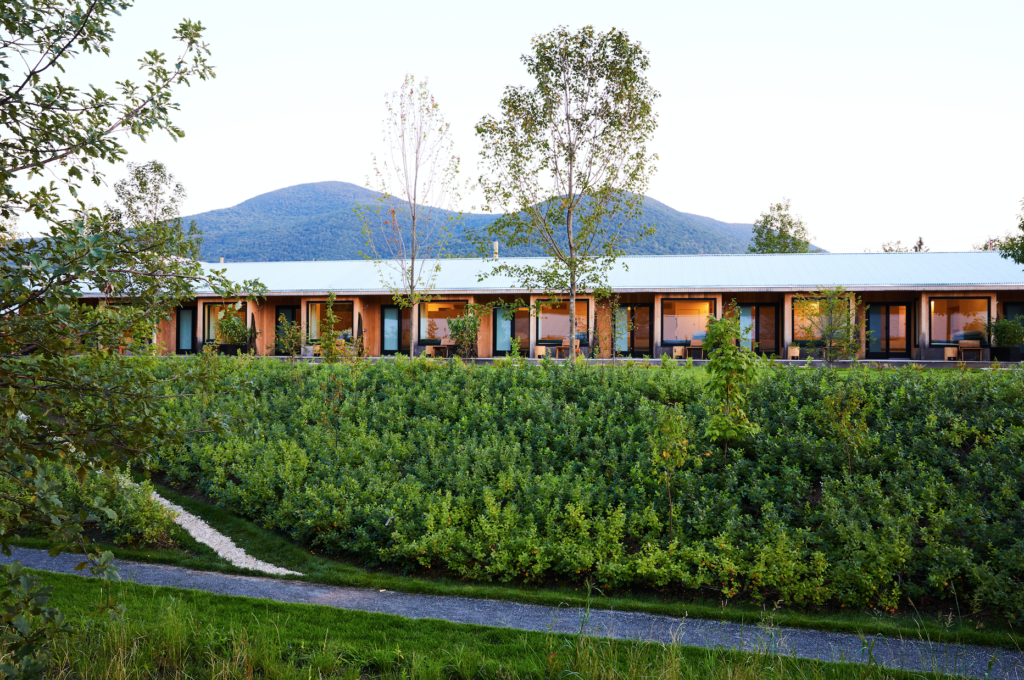
Private hotels, renowned for their bespoke experiences, often offer luxurious accommodations tailored to the discerning traveler. These accommodations extend beyond the typical hotel room, providing a more immersive and personalized cultural immersion. This section explores the range of accommodations, amenities, and the varying levels of service offered at these establishments.
Private hotels, recognizing the importance of a seamless and enriching cultural experience, often go above and beyond standard hotel offerings. Their unique amenities and personalized services elevate the guest experience, making the stay truly exceptional. The quality and range of amenities vary across different hotels, reflecting the diverse range of experiences offered.
Types of Accommodations
Private hotels feature a diverse range of accommodations, catering to various preferences and group sizes. These range from spacious suites to expansive villas, each meticulously designed to provide a luxurious and comfortable environment.
- Suites: Suites typically offer more space than standard hotel rooms, often including separate living areas, dining spaces, and multiple bedrooms. This allows for more comfortable and private stays, ideal for families or groups.
- Villas: Villas provide the most substantial accommodation options, often with multiple bedrooms, living spaces, kitchens, and outdoor areas. They offer complete privacy and self-contained living, making them ideal for extended stays or large groups.
- Rooms: While less expansive than suites or villas, rooms are still meticulously designed with a focus on comfort and style. They may feature unique amenities and personalized touches to enhance the cultural theme of the hotel.
Unique Amenities and Services
The distinctive amenities at private hotels set them apart from traditional hotels. These services enhance the cultural exploration experience, often going beyond the typical concierge services.
- Private Chefs: Many private hotels offer the services of private chefs to prepare customized meals, often reflecting local culinary traditions or regional specialties. This allows guests to experience authentic flavors and culinary experiences.
- Concierge Services: Concierge services at private hotels are often highly personalized, arranging exclusive tours, private transportation, and bespoke cultural experiences tailored to the guest’s interests.
- Curated Experiences: These hotels frequently curate unique experiences, such as workshops with local artisans, private museum visits, or exclusive performances, immersing guests in the local culture.
Comparing Amenities Across Hotels, The Ultimate List of Private Hotels for Cultural Exploration
The quality and range of amenities across private hotels differ significantly. Factors such as the hotel’s location, the target clientele, and the overall brand identity influence the level of service and experiences offered.
- High-End Luxury Hotels: These hotels often feature the most extensive amenities, including private butlers, personalized chefs, and bespoke travel arrangements. The design of the rooms and villas is frequently more elaborate, reflecting a high-end aesthetic.
- Boutique Hotels: Boutique hotels often offer more intimate experiences, emphasizing unique cultural themes and local crafts. Amenities might include curated art collections or partnerships with local businesses.
- Family-Friendly Hotels: Family-friendly hotels often prioritize child-friendly amenities, such as kids’ clubs, babysitting services, and family-style dining options.
Illustrative Example: The Grand Villa
The Grand Villa, located in Tuscany, Italy, offers luxurious accommodations in a historic villa. Each villa features private courtyards, indoor fireplaces, and panoramic views. The hotel features a dedicated chef who prepares authentic Tuscan cuisine using local ingredients. Concierge services arrange private wine tastings and guided tours of local vineyards.
Accommodation Table
| Room Type | Size (sq ft) | Amenities | Price (per night) |
|---|---|---|---|
| Luxury Suite | 1,200 | Private balcony, fireplace, in-room dining, high-speed internet | $1,500 |
| Villa with Pool | 3,000 | Private pool, kitchen, dining area, multiple bedrooms | $5,000 |
| Deluxe Room | 500 | King-size bed, private bathroom, high-speed internet, in-room safe | $800 |
Guest Experiences and Reviews
Guest experiences are paramount in selecting the ideal private hotel for cultural exploration. Positive reviews offer invaluable insights into the quality of service, the immersive cultural experiences offered, and the overall guest satisfaction. This section dives into the significance of guest feedback and how to utilize it for informed decision-making.
Exceptional guest experiences at private hotels often involve a deep immersion into the local culture. Guests may recount stories of participating in authentic cooking classes, engaging in traditional ceremonies, or connecting with local artisans. Such experiences, documented through reviews, provide a valuable perspective on the hotel’s ability to facilitate genuine cultural engagement.
Examples of Exceptional Guest Experiences
Positive guest experiences often center around the hotel’s ability to tailor the cultural exploration to individual interests. Guests may describe unique interactions with local guides, insightful insights into the region’s history and traditions, and opportunities to engage directly with local communities. The experience often transcends mere accommodation, becoming a journey of discovery and understanding. For instance, a guest might detail how a personalized walking tour, curated by the hotel’s staff, led to a deeper appreciation for the local architecture and artistic traditions. Another might highlight a unique hands-on pottery workshop that fostered a profound connection with local artisans.
Importance of Reviews and Testimonials
Reviews and testimonials are crucial for evaluating the quality and authenticity of cultural experiences offered by private hotels. They provide a direct window into the guest’s experience, allowing potential travelers to gauge the immersion level, the quality of interactions, and the overall value proposition. Reading reviews can reveal hidden gems, highlighting hotels that might not be as readily apparent through other marketing channels. A significant volume of positive reviews often points to consistent excellence and exceptional service.
Strategies for Curating a List Based on Positive Experiences
Creating a curated list of private hotels hinges on carefully analyzing guest reviews. Focus on themes such as the depth of cultural immersion, the level of personalization, and the quality of interactions with local communities. Seek out hotels that actively engage guests with local culture, offering authentic experiences beyond typical tourist attractions. Quantitative data like star ratings and review counts can provide a preliminary filter, but qualitative analysis of the actual feedback is critical. Look for patterns in positive comments; common themes can highlight specific strengths of a hotel.
Common Themes in Positive Reviews
Common themes in positive reviews often revolve around the personal touch provided by the hotel staff. Guests frequently praise the knowledgeable and engaging local guides who provide insightful commentary and context. The availability of personalized itineraries and customized experiences is another recurring theme, reflecting the hotels’ ability to tailor the cultural exploration to individual preferences. Many positive reviews emphasize the opportunities for authentic interaction with local communities, highlighting the importance of community engagement in the guest experience.
Table of Private Hotels and Guest Experiences
| Hotel Name | Guest Experience Highlights | Star Rating |
|---|---|---|
| The Cultural Oasis | Exceptional cooking class with local chef; personalized walking tour; interactions with local artisans; warm and welcoming staff. | 5 |
| Hidden Gem Retreat | Unique opportunities to learn traditional crafts; immersive storytelling sessions with local historians; tranquil and picturesque location; attentive service. | 4.5 |
| The Heritage Inn | Authentic cultural performances; guided meditation sessions with local monks; traditional tea ceremony; detailed insights into local history. | 4.8 |
| The Artisan’s Lodge | Hands-on workshops with local craftspeople; opportunity to meet and learn from artists; engaging conversation with local community members; delicious regional cuisine. | 5 |
Booking and Reservations
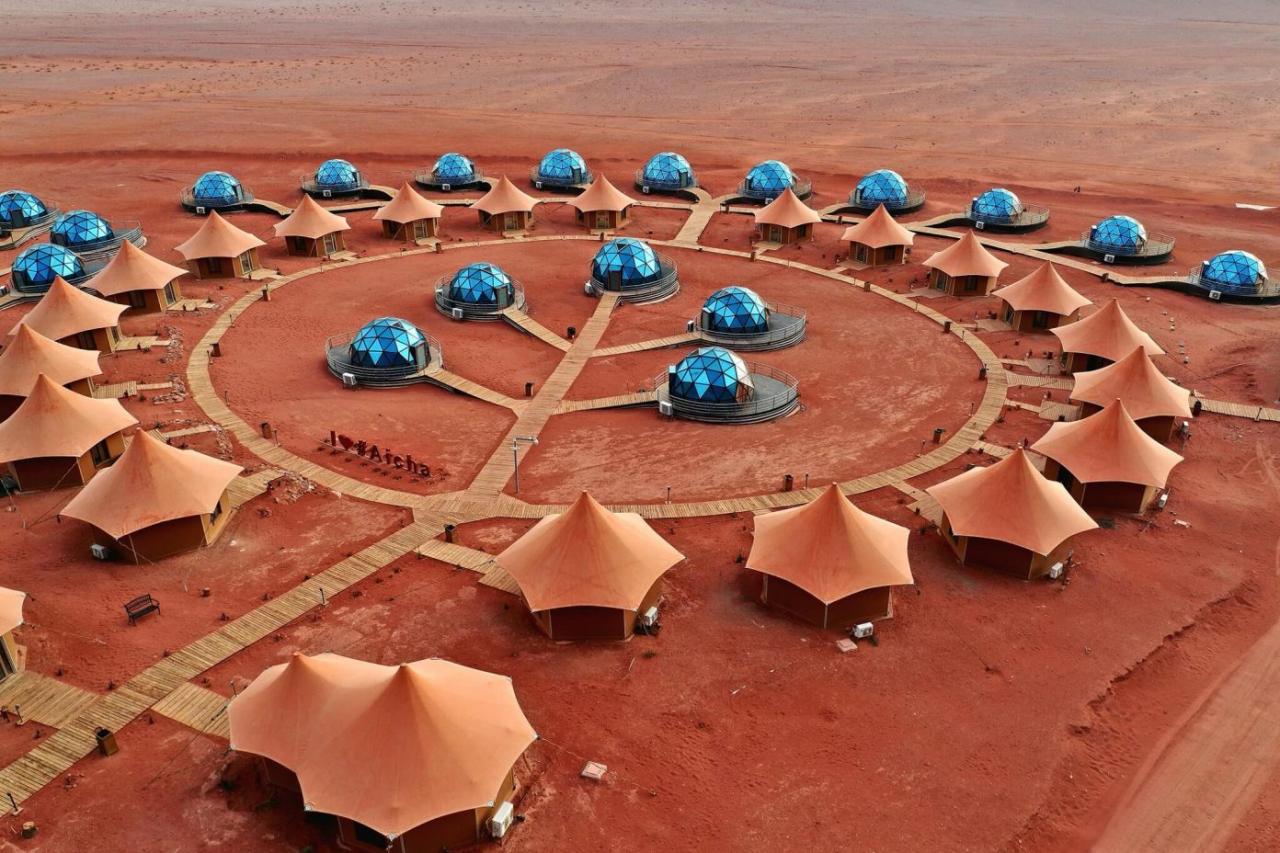
Securing a stay at a private hotel, especially for a cultural exploration, requires careful planning and efficient booking. This process ensures a seamless transition from planning to your desired cultural immersion. Understanding the various platforms and steps involved streamlines the booking process and maximizes your travel experience.
Booking Platforms and Websites
Numerous platforms specialize in private accommodations, providing a wide array of options for cultural travelers. These platforms facilitate the search, comparison, and booking of stays, often offering curated listings based on specific interests or cultural themes.
- Airbnb: A popular platform for finding unique accommodations, including private villas and homes, often in vibrant cultural hubs.
- Booking.com: A global platform offering a wide range of accommodations, including many private hotels, with diverse options for cultural exploration.
- VRBO (Vacation Rentals by Owner): A dedicated platform for vacation rentals, often providing access to private homes and estates in cultural destinations, ideal for extended stays.
- Luxury Retreats: This platform focuses on curated luxury accommodations, including private hotels and villas, ideal for those seeking exclusive and memorable experiences in cultural destinations.
Booking Process Overview
The booking process typically involves several steps, from initial search to final confirmation. A well-structured process ensures a smooth and secure transaction.
A clear understanding of the booking process ensures a trouble-free experience.
- Search and Selection: Identify your desired dates, location, and accommodation type. Use filtering options to refine your search and compare various options based on your cultural interests.
- Review and Comparison: Carefully examine details such as amenities, guest reviews, and location. Compare options based on price, facilities, and proximity to cultural attractions. Consider the suitability of the accommodation for your travel style and the cultural experiences you seek.
- Booking Confirmation: Once you’ve selected the preferred accommodation, proceed with the online booking. Ensure all details are accurate and review the booking confirmation carefully. The confirmation email is your official booking receipt.
- Payment: Complete the payment securely. Note payment methods and policies to avoid any surprises.
- Confirmation and Communication: Upon successful payment, receive a confirmation email containing crucial details, such as contact information for the host, address, and key pickup arrangements.
Importance of Pre-Booking
Pre-booking is crucial for a positive travel experience. It ensures availability, especially during peak seasons or for popular cultural events. Pre-booking allows for informed decision-making, ensuring you secure your preferred accommodation and maximizes your time for exploring cultural attractions.
Pre-booking is highly recommended to avoid disappointment and ensure a positive travel experience.
Sustainability and Cultural Preservation
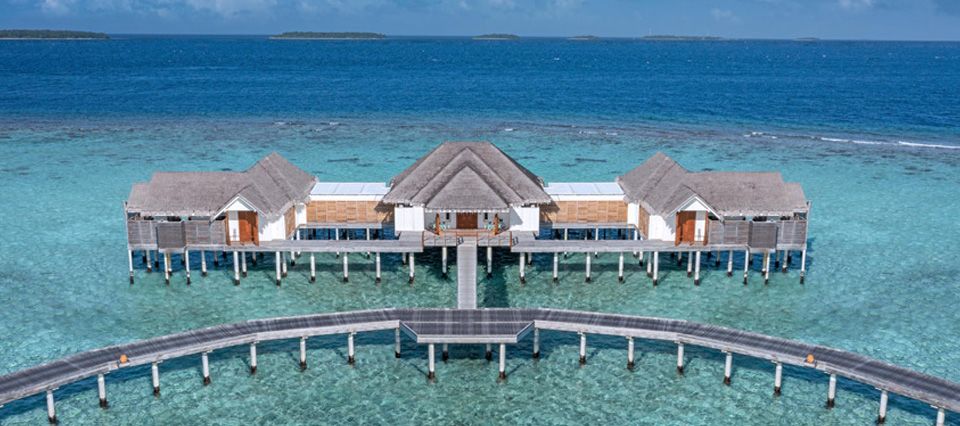
Private cultural immersion hotels are increasingly recognizing the importance of responsible tourism practices. They understand that their operations can either enhance or detract from the cultural heritage and natural environment they are situated within. This commitment extends beyond simply providing a comfortable stay; it involves actively contributing to the preservation of local traditions and the protection of the surrounding ecosystems.
These hotels strive to minimize their environmental footprint while simultaneously supporting the local communities they interact with. They understand that responsible tourism is not just a trend but a fundamental part of preserving cultural heritage and promoting economic well-being for the communities that host them.
Eco-Friendly Practices
Many private hotels are implementing various eco-friendly initiatives. These range from using locally sourced, sustainable building materials and renewable energy sources to implementing water conservation measures and reducing waste generation. Some hotels actively participate in reforestation projects, supporting local conservation efforts. A commitment to minimizing their carbon footprint is central to these initiatives. For example, some hotels may use solar panels for electricity generation or implement rainwater harvesting systems.
Community Engagement Programs
These hotels understand that supporting local communities is crucial to their long-term success. Many actively engage with local artisans, providing platforms for their work and ensuring fair compensation. This often involves incorporating local crafts and art into the hotel’s design and offerings. They might also sponsor local schools or cultural organizations, contributing to the overall well-being of the community. These programs create a symbiotic relationship, where the hotel benefits from the community’s rich cultural heritage and the community benefits from the hotel’s support.
Responsible Tourism
Responsible tourism is paramount in preserving cultural heritage. It’s about respecting local customs, traditions, and ways of life. It means supporting local businesses and engaging with the community in a meaningful way, rather than just being a fleeting visitor. By minimizing negative impacts on the environment and actively contributing to the local economy, responsible tourism can foster a more sustainable and enriching experience for both visitors and locals. Responsible tourism practices extend beyond the hotel itself to encourage visitors to respect local customs and participate in cultural activities in a mindful way.
Table: Sustainability Initiatives and Community Engagement
| Hotel Name | Sustainability Initiatives | Community Engagement Programs |
|---|---|---|
| The Serene Sanctuary | Utilizes solar panels for electricity, rainwater harvesting, and locally sourced building materials. Participates in local reforestation efforts. | Partners with local artisans to showcase and sell their crafts, providing fair compensation. Sponsors a local school’s scholarship program. |
| The Cultural Oasis | Employs energy-efficient appliances, minimizes water consumption, and promotes waste reduction through recycling programs. | Collaborates with local farmers to source fresh produce, providing economic opportunities for local farmers. Supports local cultural preservation projects. |
| The Heritage Haven | Uses eco-friendly cleaning products, minimizes single-use plastics, and supports local farmers for food procurement. | Provides opportunities for local guides to share cultural insights with guests. Donates a portion of profits to local community development projects. |
Budget and Pricing: The Ultimate List Of Private Hotels For Cultural Exploration
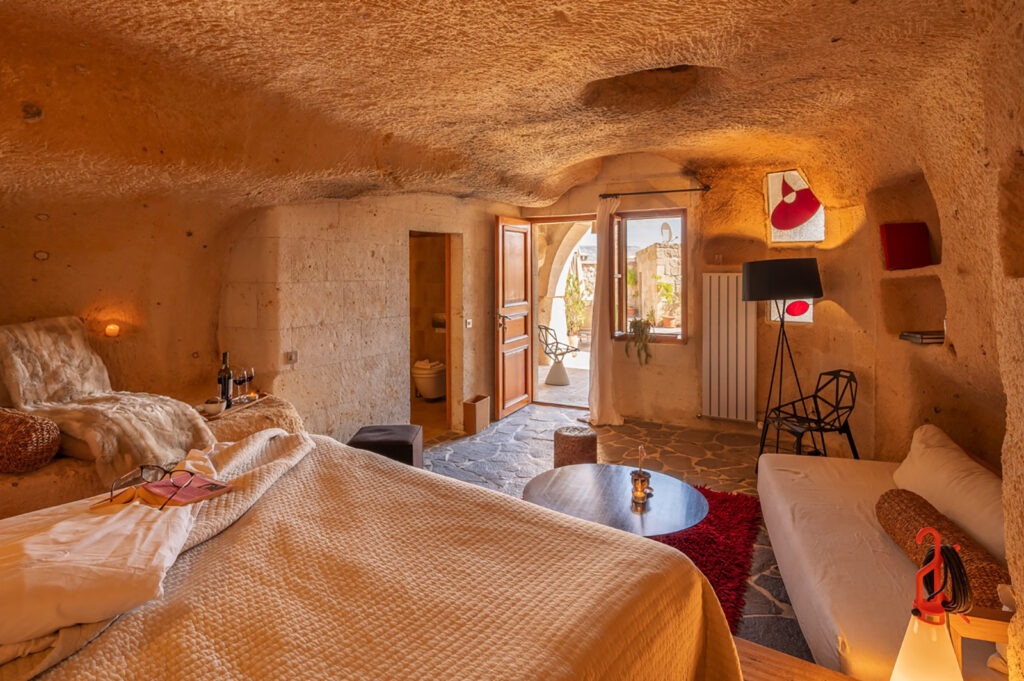
Private hotels catering to cultural exploration offer a spectrum of pricing options, reflecting the unique experiences and amenities they provide. Understanding these variations is crucial for selecting a suitable property aligning with your budget and desired level of immersion. Different factors contribute to the overall cost, from the location’s historical significance to the level of service and personalized experiences offered.
Exploring these factors empowers you to make informed decisions and secure the ideal cultural journey within your allocated budget. Value comparisons across various options are essential for maximizing your experience and minimizing unnecessary expenditure. Finding budget-friendly options that still maintain the essence of cultural immersion is achievable, showcasing a balance between affordability and rich cultural engagement.
Price Range Variations
Private hotels for cultural exploration span a wide range of price points, from modest to luxury accommodations. Factors like location, amenities, and the level of personalization significantly impact the cost. Budget-friendly options often prioritize immersion in local culture over opulent features. Luxury hotels, on the other hand, may include exclusive access to historical sites, bespoke tours, and exceptional dining experiences. Mid-range hotels provide a balance between affordability and premium features.
Factors Influencing Cost
Several factors influence the cost of a stay at a private hotel for cultural exploration. Location plays a significant role, with hotels situated in historic centers or close to significant cultural attractions commanding higher prices. The level of personalized service, bespoke tours, and access to exclusive events are additional cost drivers. The extent of amenities, including in-room features, dining options, and activities, contributes to the overall price.
Comparing Prices and Value
Evaluating the value proposition across various options is vital. Consider not just the base price but also the included amenities, personalized experiences, and potential discounts or packages. Compare the cost of a cultural exploration experience with the overall value derived from the experience. Detailed breakdowns of included activities and services aid in comparing prices and value propositions. Online tools and resources allow you to compare various options side-by-side, enabling a more informed decision.
Budget-Friendly Options
Several options exist for budget-conscious travelers seeking cultural immersion. Staying in areas outside the immediate city center can often lead to more affordable accommodation. Opting for self-catering options or selecting hotels that prioritize cultural experiences over lavish amenities are other viable alternatives. Accommodation packages including cultural tours and local transport can also help minimize costs while maximizing cultural engagement.
Example Price Comparison Table
| Hotel Name | Price Range (per night) | Included Amenities | Cultural Immersion Focus |
|---|---|---|---|
| The Heritage Inn | $150-$250 | Breakfast, guided walking tours, local cooking class | Local culture, history, and cuisine |
| The Grand Cultural House | $350-$600 | Breakfast, private museum tours, exclusive access to historical sites | Luxury and exclusive access to cultural landmarks |
| The Cozy Cultural Retreat | $100-$200 | Breakfast, local market visits, bicycle tours | Local life and interaction, exploring the neighborhood |
Question Bank
The Ultimate List of Private Hotels for Cultural Exploration – What are the different types of cultural experiences offered?
Private hotels often provide a range of experiences, including historical tours, cooking classes, traditional ceremonies, and opportunities to interact with local artisans. These experiences are tailored to various interests, ensuring a personalized cultural immersion.
How can I ensure accessibility for guests with varying needs?
Many private hotels are equipped to accommodate guests with diverse needs. Specific arrangements can be made for accessibility requirements, including transportation and accommodations. Always inquire with the hotel directly about specific accessibility features.
What is the booking process for private hotels?
The booking process typically involves contacting the hotel directly or using specialized booking platforms for private accommodations. This may involve providing details about your travel dates and desired experience.
How do these hotels contribute to cultural preservation?
Many private hotels actively support local communities and traditions through their operations. This may involve employing local staff, sourcing locally-made products, and partnering with local artisans to ensure authenticity and preserve cultural heritage.
What factors influence the cost of a stay at a private hotel?
Factors impacting the cost of a stay include the type of accommodation (e.g., suite, villa), location, duration of stay, and specific experiences included in the package. Detailed pricing information is available on each hotel’s listing.